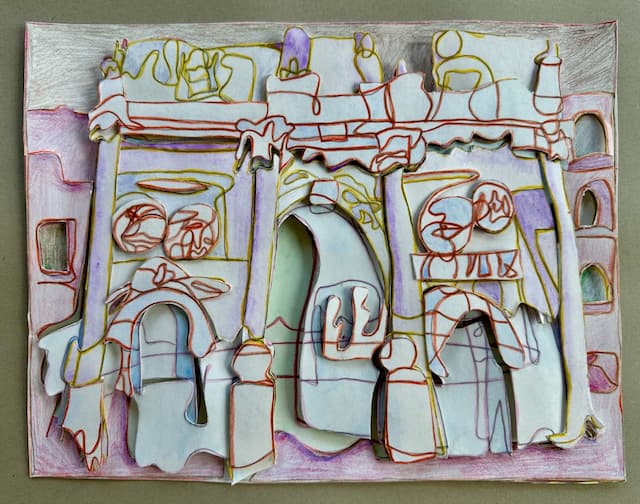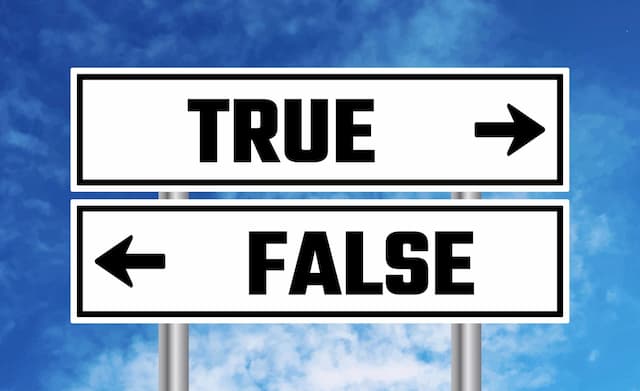The Moses connection (Matthew 17:2-8)
Why was Moses present at Jesus’ transfiguration? How would the disciples have understood the conversation between Jesus and Moses?
Moses was Israel’s founder, the servant of the Lord who brought the first kingdom of God to birth among the kingdoms of the world.
Ten times Moses declared the word of the Lord to the ruler who claimed power over God’s people, until he let God’s people go. Moses led them to meet their new sovereign, who gave them ten words, the foundational commandments of the covenant that established Israel as a nation under YHWH. Moses led Israel to construct a house for their sovereign to live among them and lead them.
God planting Israel as his kingdom is the substance of the Torah, the foundation of the Bible narrative. Jewish people treated the founder (Moses) and the foundational books (Torah) synonymously, so reading Torah = reading Moses (2 Corinthians 3:15).
Jesus’ disciples would instantly recognize Moses as the founder of Israel. But the nation founded at Sinai as a kingdom under God had disintegrated. That’s why Jesus’ message of restoring heaven’s reign to earth was such good news. John the Baptist had announced this gospel (3:1), affirmed by heaven’s voice (3:17). Jesus schooled them in kingdom restoration, appointing them to announce and enact the kingdom (10:7).
When the disciples saw Jesus talking with Moses (17:3), they saw the kingdom-restorer in dialog with the kingdom-founder. The Son anointed to restore heaven’s governance to earth was discussing his Father’s plans with the servant who established the prototype kingdom of God among the kingdoms of the world.
Moses knew there was more to come. He spoke of another who would hear the word of the Lord and take God’s project further:
Deuteronomy 18 17 The Lord said to me: “What they say is good. 18 I will raise up for them a prophet like you from among their fellow Israelites, and I will put my words in his mouth. He will tell them everything I command him. (NIV)
They were still waiting after the final editing of Deuteronomy: no prophet has risen in Israel like Moses (34:10). The initial glory Moses had from being up the mountain with God faded when he came down (Exodus 34:29-35), and that was Israel’s experience too. In the centuries since Sinai, the nation designed to display God’s glory to the nations had seen the glory fade as their nation disintegrated.
When Jesus provided bread in the wilderness, the crowds saw him as the new Moses, someone who could found the kingdom afresh. They wanted to make him king by force (John 6:14).
Peter made the same mistake. He recognized Jesus as king (the Christ, the son with the authority of the living God, 16:16), so he wanted to charge off to Jerusalem to make Jesus king. But Jesus had no plans to force his kingship on the world. He expected the rulers of this world to use force against him, to kill him. Divine kingship over the earth would be restored when God raised him up on the third day. The servants of the king must follow this path too: taking up their own crosses, to see his kingship established with his Father’s glory (16:21-28).
So, when they saw Moses in dialog with Jesus and the voice directing them to listen to the Son, they saw Jesus as the one who could complete what Moses began, the restorer of the fallen kingdom and the covenant whose glory had faded.
They do not yet understand that the new prophet like Moses will establish a new covenant (26:28). The new covenant fulfils everything God promised in the prophets, in Moses and the Sinai covenant, and in the patriarchal covenant. The new covenant is bigger than the boundaries of Israel, fulfilling the original covenant God made with the whole of humanity and the earth itself that he would never give up on us no matter how difficult we were to govern (Genesis 9:8-17). Jesus told the disciples they would see this with their own eyes: the human descendant (son of man), receiving his Father’s glory with the backing of the hosts of heaven, restoring justice to the earth (16:27-28).
At the transfiguration, God swung heaven’s spotlight on Jesus, calling us to respond to his anointed. Moses was God’s spokesman, the voice of the Sinai covenant. Prophets like Elijah were God’s spokesmen, calling Israel to listen to Moses. Now the voice from the cloud on the mountain speaks again. He calls us to listen to the Son who establishes God’s reign on earth, the Son who has his Father’s unfading glory, the Son who transforms earth into a kingdom of God as we listen to him (17:5).
Open Matthew 17:2-8.
What others are saying
Michael J. Wilkins, Matthew, NIVAC (Grand Rapids, MI: Zondervan, 2004), 591:
During this transfiguration, two of the greatest Old Testament figures appear, Moses and Elijah. Their arrival represents the Law and the Prophets as witnesses to Jesus the Messiah, who fulfills the Old Testament (cf. 5:17). Moses is the one whom God used to give the Law, and Elijah is the one who connects the earlier charismatic prophecy of the days of Samuel with the later writing prophets. Moses is also considered the model prophet (Deut. 18:18) and Elijah the forerunner of Messiah (Mal. 4:5–6; cf. Matt. 3:1–3; 11:7–10).
… Both are mentioned together in Malachi 4:4–6: the giving of the Law through God’s servant Moses and the sending of the prophet Elijah before the coming Day of the Lord. Their appearance on the mountain with Jesus indicates the greatness of Jesus, who transcends them both as the One who will be declared the Son of God.
Related posts
- See a glorious king? (Mt 17:1-8)
- Jesus’ paradoxical path to power (Mt 16:27-28)
- Jesus as global leader (Mt 16:13-17)
Seeking to understand Jesus in the terms he chose to describe himself: son of man (his identity), and kingdom of God (his mission). Riverview College Dean
View all posts by Allen Browne








